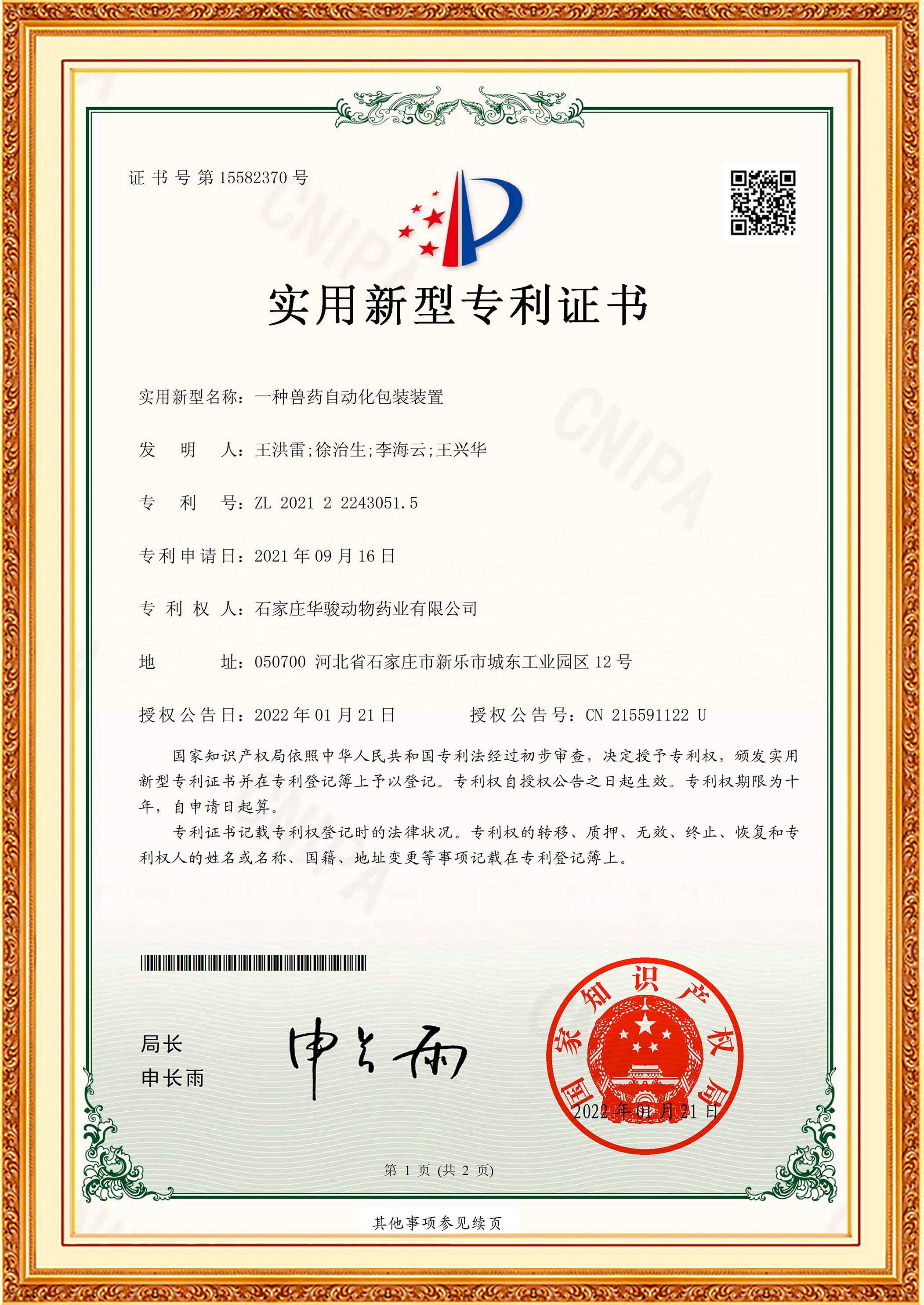
செப் . 29, 2024 07:57 Back to list
Feline Enteritis Solutions for Pet Owners and Veterinary Clinics
Feline Enteritis Understanding the Condition and Finding Suppliers for Treatment
Feline enteritis is a serious viral disease affecting cats, particularly kittens. It is primarily caused by the feline panleukopenia virus (FPV), which targets rapidly dividing cells in a cat's body, leading to severe gastrointestinal distress and a host of various health complications. As responsible cat owners, it's crucial to understand this condition, its symptoms, treatment options, and how to find reliable suppliers for necessary medical products and treatments.
Understanding Feline Enteritis
Feline enteritis is characterized by the inflammation of the intestines and is often accompanied by symptoms such as vomiting, diarrhea, lethargy, dehydration, and a loss of appetite. The disease is highly contagious among cats and can be easily spread through direct contact with an infected cat, through contaminated food, water, or litter boxes, and even by human hands or clothing.
The virus is particularly dangerous for young kittens, as their immune systems are still developing. Adult cats can also contract the virus, but they often have a better chance of survival due to stronger immune systems, particularly if they have been vaccinated. Vaccination against FPV is a critical preventative measure that every cat owner should prioritize.
Symptoms to Watch For
Early detection is vital for improving the prognosis of a cat suffering from feline enteritis. Signs to monitor include
- Persistent vomiting - Severe diarrhea (often bloody) - Loss of appetite - Lethargy or unusual weakness - Dehydration (evident by dry gums, excessive salivation, or skin elasticity tests)
If a cat exhibits any of these symptoms, especially following exposure to potentially infected environments or animals, immediate veterinary consultation is essential.
Veterinary Care and Treatment
Treatment for feline enteritis primarily focuses on providing supportive care. Because the virus itself has no direct cure, veterinary intervention is crucial to manage the symptoms and prevent further complications. Key aspects of treatment include
feline enteritis supplier

- Intravenous fluids to combat dehydration - Antiemetics to control vomiting - Nutritional support, sometimes via feeding tubes, if the cat refuses food - Antibiotics to prevent secondary bacterial infections - Isolation from other cats to prevent the spread of infection
The prognosis for cats with feline enteritis greatly improves with early intervention and thorough veterinary care. Those who survive typically recover fully, although they may face long-term health challenges as a result of their ordeal.
Finding Reliable Suppliers
For cat owners and veterinarians, acquiring necessary supplies such as vaccines, medical equipment, and medications is crucial. Here are some tips on finding reliable suppliers to assist in the treatment of feline enteritis
1. Research Local Veterinary Suppliers Many veterinary clinics have established relationships with suppliers of veterinary medications and equipment. Consult with your veterinarian for recommendations on trusted suppliers.
2. Online Veterinary Supply Stores Numerous online retailers specialize in veterinary products. When choosing one, ensure they are reputable and licensed. Look for reviews and testimonials from other veterinarians or pet owners.
3. Manufacturer Contacts Some pharmaceutical companies that produce vaccines and medications for feline enteritis may have lists of approved distributors or retailers on their websites.
4. Veterinary Associations Local or national veterinary associations may provide resources or directories for veterinary suppliers, ensuring you connect with reliable sources.
5. Networking with Other Pet Owners Online forums, social media groups, and local pet communities can offer personal experiences and suggestions on where to find the best suppliers for veterinary care products.
Conclusion
Feline enteritis poses a significant risk to cats, particularly the young and unvaccinated. Understanding the condition, recognizing its symptoms, and seeking prompt veterinary care are critical steps in safeguarding the health of your feline friends. Additionally, finding reliable suppliers for vaccines and medical treatments ensures that you are prepared to handle this serious illness should it arise. With vigilant care and appropriate resources, we can protect our beloved cats from the dangers of feline enteritis.
-
AI-Powered Lambda Interferon Factory Using GPT-4-Turbo
NewsAug.05,2025
-
Top Vitamin C Factory | AI-Powered with GPT-4 Turbo
NewsAug.04,2025
-
Immunovital Fish Feed Factory | AI-Optimized Nutrition
NewsAug.03,2025
-
Quality Bacillus Coagulans BC30 Factory - Expert Production
NewsAug.02,2025
-
China Salivation AI with GPT-4 Turbo Features
NewsAug.01,2025
-
Epic Sepsis Factories: AI-Driven Detection with GPT-4 Turbo
NewsJul.31,2025




